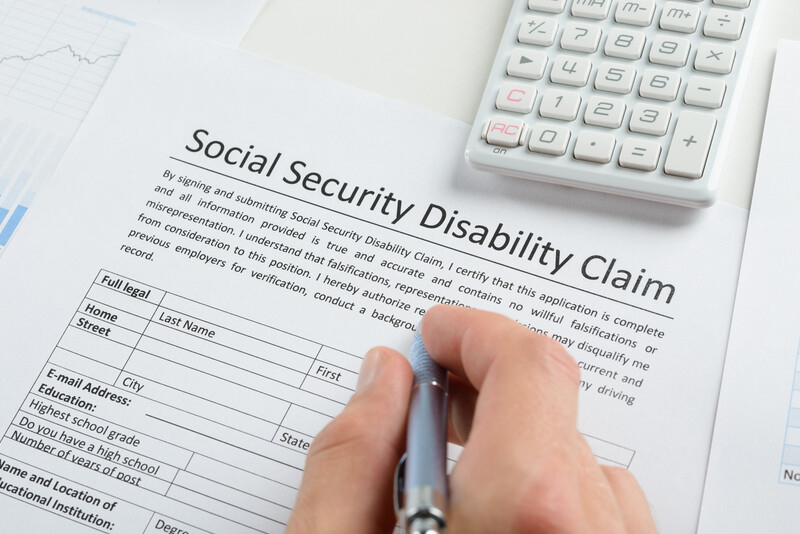Social Security Disability benefits cease when you reach full retirement age. It implies that when you are eligible to receive Social Security retirement benefits, you can no longer avail disability payments. However, the claimant can receive social security retirement benefits which in most cases are higher than disability benefits. When the plaintiff has an impairment that prevents him/her from working, medical record analysis bolsters the efforts of attorneys to produce documentary evidence. This blog is intended to give an insight into the nuances of social security disability and retirement benefits.
Social Security Retirement Benefits
The SSA (Social Security Administration) provides monthly financial assistance to eligible retirees who have amassed enough work credits and have reached age 62. The monthly payment depends upon the period which the beneficiary has worked and his/her decision to continue working past the age of 62.
There will be an increase in monthly benefits if the beneficiary waits until he/she reaches full retirement age (for those born after 1960, age 67) to claim the benefits. The monthly retirement benefits can be maximized if the beneficiary decides to keep working until the age of 70. However, retirement benefits can be availed from the age of 62. The monthly benefits continue for the rest of the life once the beneficiary has started receiving retirement benefits.
Social Security Disability Benefits
A person is eligible for SSDI benefits if his/her medical condition meets the criteria of a disability defined by the SSA. It can be a physical or mental condition that prevents someone from doing work or engaging in Substantial Gainful Activity (SGA). Besides, the SSA mandates that the claimant must have acquired enough work credits. Applicants must have worked long enough to qualify. The disability benefits are active until there is an improvement in the disability or the beneficiary has reached retirement age.
Can Social Security Benefits for Disability and Retirement Coexist?
In the majority of the cases, Social Security Disability benefits automatically switch over to Social Security retirement benefits once the beneficiary has reached the retirement age. Social Security Disability benefits are meant for claimants who cannot go to work to earn a living due to an injury or illness. If a person is entitled to retirement benefits, it is implicit that he/ she is not working. However, there is an exception to this. If the claimant is taking early retirement at the age of 62 and is subsequently found to have been eligible for a disability during that time, SSA will make up for the difference between the retirement benefits and the monthly disability months for those months the beneficiary has received early retirement payments. Medical records services can accurately document the disabling condition that resulted in early retirement.
Medical Evidence for Social Security Benefits
Claiming social security benefits requires a thorough understanding of the medical condition of the litigant, particularly for availing of social security disability benefits. Medical records have comprehensive details of the disability such as the cause of the injury and severity of the same. This data is analyzed by attorneys to ascertain that the disability bars the litigant from working.
Quality medical records services can assist the attorneys in effective understanding of the case.




